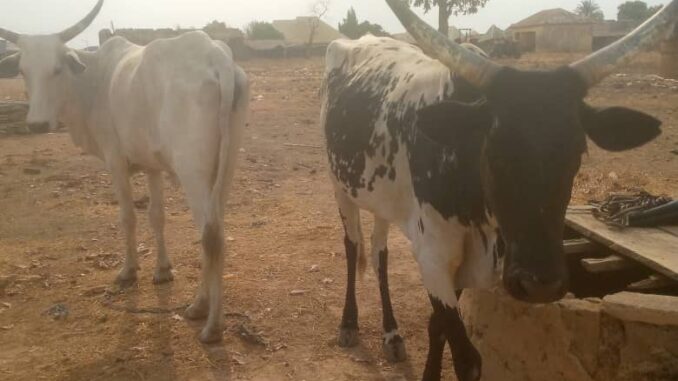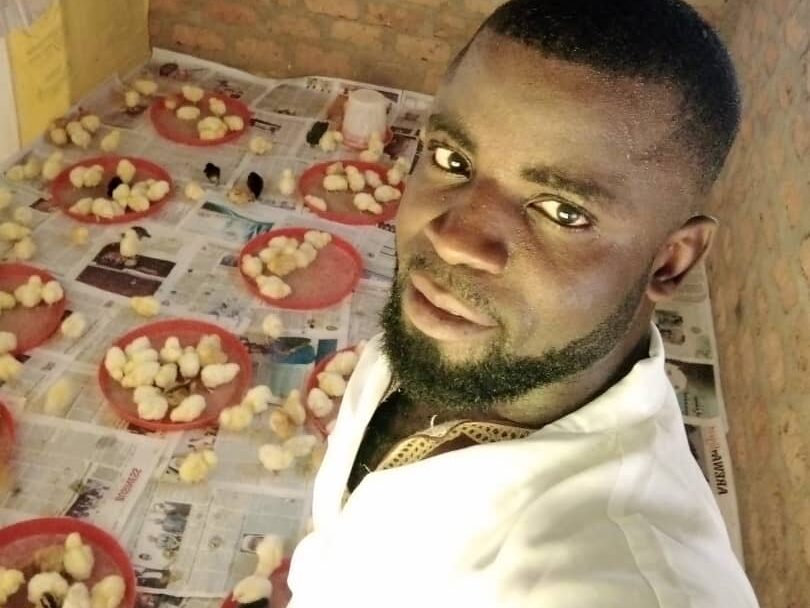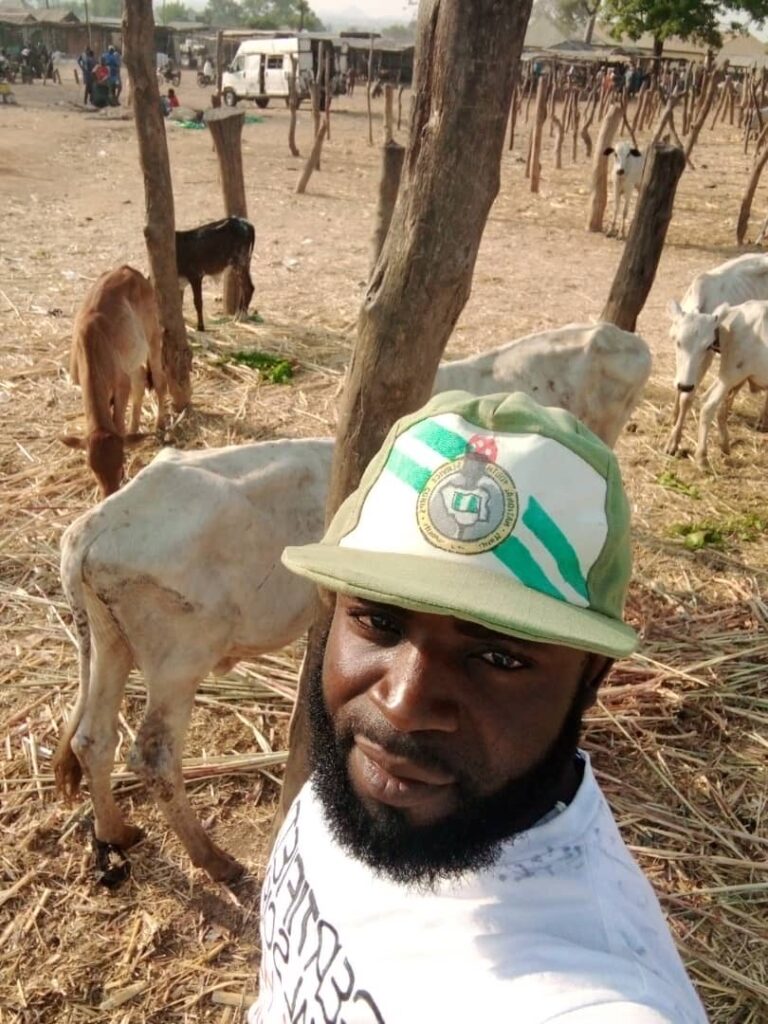
Meet Adega Kator Silas — the animal scientist turning pigs, cattle, and goats into opportunities . With no startup funds, he built his business from the ground up — powered by passion, knowledge, and grit.
Adega Kator Silas is quietly building a name for himself in Nigeria’s livestock sector. Based in the Middle Belt and active across Taraba and Benue states, Kator is the founder of a growing livestock enterprises, a growing business focused on poultry, pigs, and goats. But more than just running a farm, he's carving out a sustainable path in agriculture — one built on consistency, local knowledge, and innovation. His journey into animal production started during his teenage years and has grown steadily through learning, persistence, and trial and error.
Growing up in Benue State, Adega Kator Silas was surrounded by agriculture. Farms stretched for miles, livestock roamed the community. But while most kids saw animals as background noise, Kator saw them as something else — a calling.

“I remember raising my first set of birds,” he says with a smile. “It was never about profit at first — I just loved seeing them grow. Watching how they responded to care, how they behaved, how you could tell when something was wrong... I was fascinated.”
That fascination never left.
Years later, Kator would go on to study Animal Production at Joseph Sarwuan Tarka University. There, his passion met science — a powerful combination. He learned about animal nutrition, breeding systems, health management, and efficient production practices. Every lecture, every field project, gave him new tools to apply in the real world.
“I didn’t just want to be a farmer,” he explains. “I wanted to understand how to do it properly. To raise animals the right way, with care and precision, and still make a profit.”
Today, Kator is one of a growing group of young Nigerians quietly transforming agriculture. Based across Benue and Taraba States, he wears multiple hats: piggery founder, livestock trader, animal management consultant, and a passionate advocate for farming done right.
He currently runs a growing piggery, sources cattle, sheep, and goats for buyers, and even manages livestock for clients who live in cities but want to invest in farming back home.
“Many people in Abuja or Lagos want to own cows or pigs, but they don’t have the time or skills,” he says. “I help them manage everything — feeding, breeding, health, even market sales — and they just track progress from afar.”

Starting from Scratch
Like most small-scale farmers, Kator’s biggest challenge was capital.
“I didn’t have money when I started. That was the hardest part. No loan, no grants. I started small — just a few animals at a time. I'd reinvest every naira I made. One pig becomes three, then five, and so on.”
His consistency paid off. Word-of-mouth brought in clients. His pigs began drawing attention — not just because they were healthy, but because he ran his farm like a business, not a hobby.
“I measure feed costs, weight gains, reproduction cycles. Every pig has a purpose, every action is calculated. That’s how you make it sustainable.”
Farming with Knowledge
When asked what sets him apart from others in the field, Kator doesn't hesitate:
“Knowledge. Many people rear animals, but they don’t understand them. I studied this. I know how to spot issues early, how to manage risk, how to get the best results without cutting corners.”
He’s also big on ethics and care. For him, livestock farming isn’t just about profits — it’s about doing right by the animals, the environment, and the buyer.
“Healthy animals don’t just happen. You have to care for them properly — clean water, balanced feed, a clean environment. That’s how you get good results consistently.”
The Vision Ahead
Kator’s long-term dream is bold, but clear:
“I want to build a modern livestock hub — a place where people can buy quality animals, learn best practices, and see what’s possible when you take farming seriously. It’ll be structured, clean, digital — something that changes how people see agriculture.”
He’s already laying the groundwork: expanding his piggery, building networks with other farmers and butchers, and mentoring young people interested in livestock.
“If I can do this with no money, imagine what someone can do with support. That’s why I share my story — to show others that it’s possible.”
In a country where youth unemployment is high and agriculture is often seen as a last resort, Adega Kator Silas is changing the narrative. For him, livestock is not just work — it’s purpose and pride.